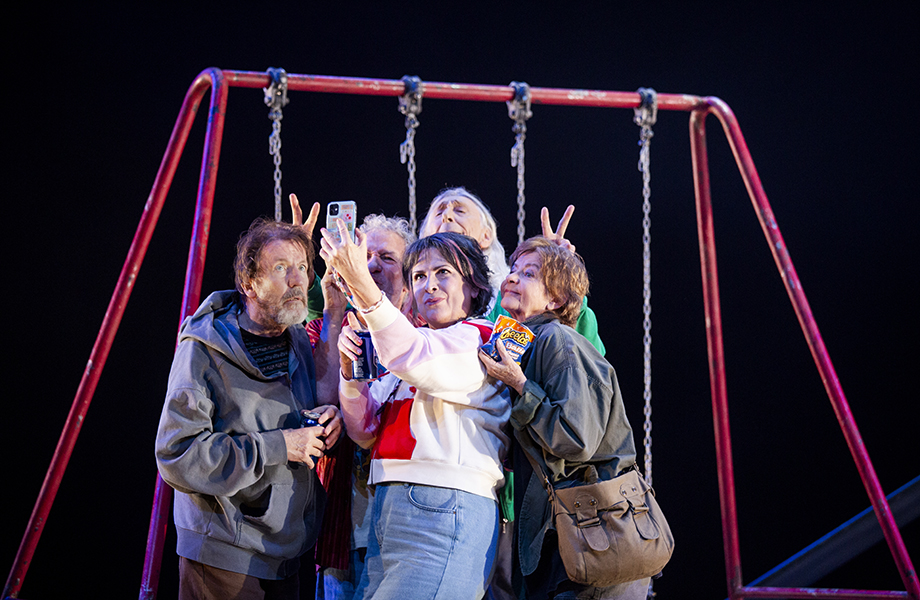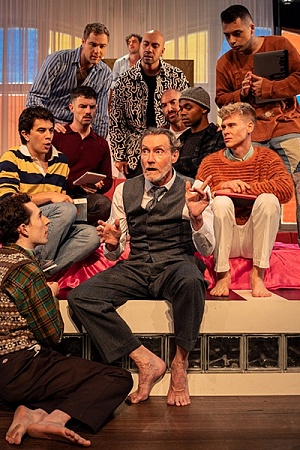Seventeen

In his program notes for the Melbourne Theatre Company’s production of Seventeen, playwright Matthew Whittet describes the play as ‘a conversation between generations. A conversation that acknowledges how hard it is to be on the brink of adulthood, but also how ridiculous and filled with utter joyful stupidity it is too.’
First, let’s get out of the way any idea that Seventeen might have anything to say to contemporary adolescents. Despite Whittet’s efforts to reimagine the play for 2024 (it premiered at Sydney’s Belvoir Theatre in 2015), Seventeen encapsulates none of the existential disquietude that characterises the post-Covid generation of teenagers, a cohort that has not only been locked down for a significant proportion of their schooling, but that has also emerged to a world marked by war, inaction on climate change, and the rise of authoritarianism.
Continue reading for only $10 per month. Subscribe and gain full access to Australian Book Review. Already a subscriber? Sign in. If you need assistance, feel free to contact us.








